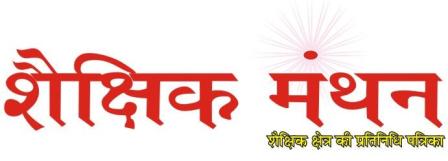Most states to miss March 31 RTE deadline
On 1st April, when the deadline for compliance with the Right to Education (RTE) Act expires, children will get a short shrift again. Government data shows about 40% primary schools don’t have adequate teachers, 33% are without girls’ toilets and 39% lack ramps for children with disabilities. With the enactment of the Right of Children to Free and Compulsory Education (RTE) Act in 2009 all states and Union territories were expected to comply with the norms by March 31, 2013 — a deadline that most states will miss. These norms included optimum pupil-teacher ratio, infrastructure rules like adequate drinking water, toilets, stipulated working days and instruction hours and establishment of school management committees. Of the 52 lakh sanctioned posts of teachers, there are 11 lakh vacancies. Besides shortage, states are also battling the malaise of untrained or underqualified teachers that is pegged at around 8.6 lakh or 20% of the total teachers. The states with the bulk of these teachers is West Bengal (1.97 lakh), Bihar (1.86 lakh) and Jharkhand (77,000). Infrastructure norms for drinking water (94% of schools) and ramps (in 61% of schools) have been complied with, while 64% schools have separate toilets for girls and boys. States have sought an extension in the deadline as they flounder due to lack of adequate resources and political will. But experts point to a more worrying concern: the lack of attention to learning outcomes. Several studies, including the ASER survey 2012, say that while enrolment has increased and more children are going to school, learning levels have dipped. Noting that over three lakh private budget schools face closure after March 31 the deadline for meeting infrastructure requirements under the Act, impacting 4-5 crore students Ashish Dhawan from Centre Square Foundation said private school regulation should be based on audited performance than input-based norms. Educational Initiatives’ Sridhar Rajagopalan said regular and third party measurement of learning was required. Giving the example of Gujarat that organizes an annual assessment for student learning called ‘Gunatsav’, Rajagopalan said that students were assessed by teachers in the first round and then 25% randomly picked schools were assessed by ministers and senior officials led by CM Narendra Modi.
